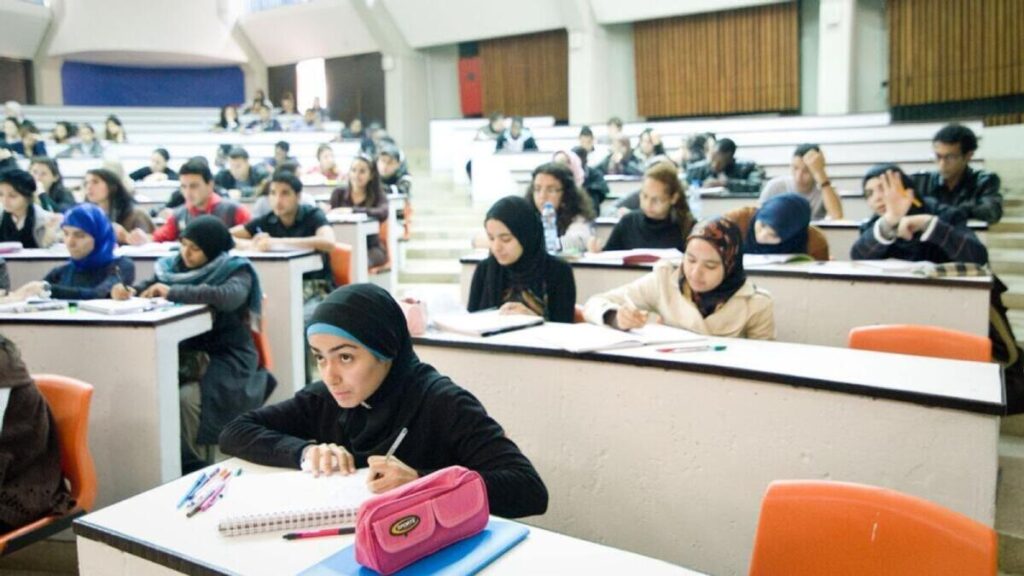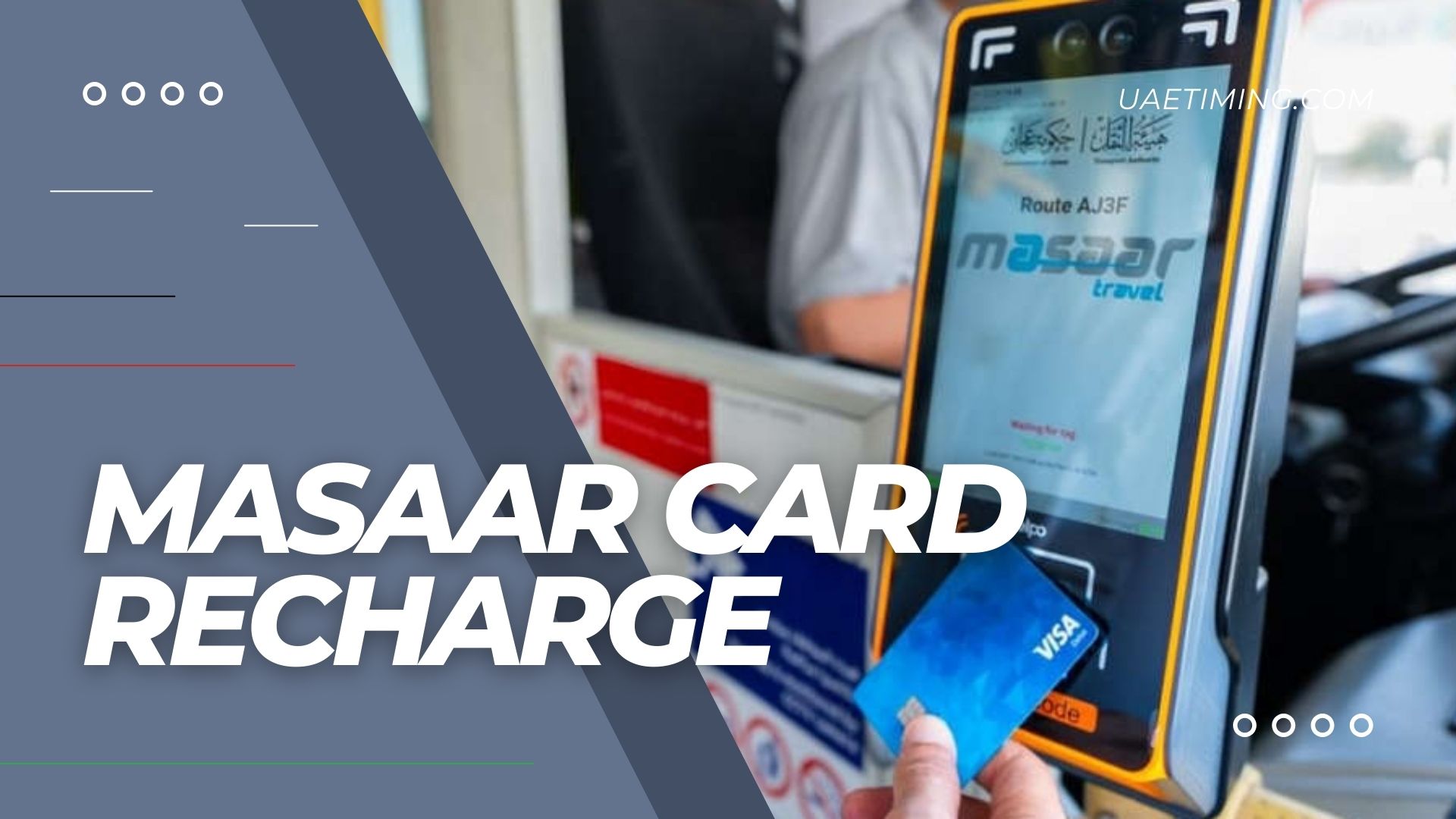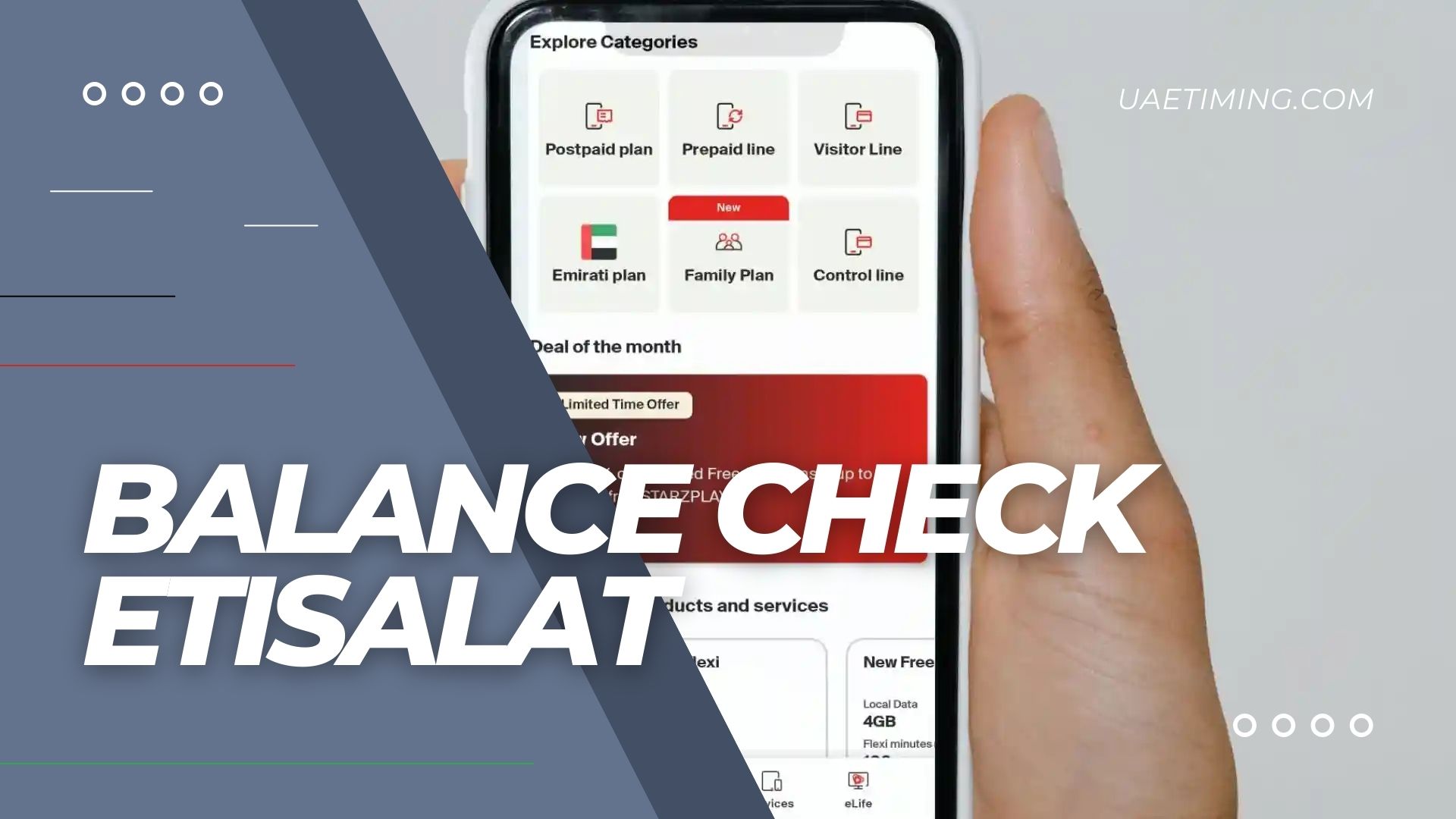Navigating the college admission process in the UAE can be overwhelming due to the variety of options and requirements. Whether you’re a UAE national, a child of a national mother, or an international student, it’s crucial to understand the admission procedures and eligibility criteria. This guide will provide you with everything you need to know about applying to universities in the UAE, including key steps, important dates, and specific requirements for different categories of students.

Understanding the Admission Process
The college admission process in the UAE is competitive and often depends on the academic skills and performance of students, as well as the available capacity in each program. This means that students need to ensure they meet the specific eligibility criteria set by each institution. Admission policies are generally set annually by universities and higher education bodies, including the Ministry of Education (MoE) and individual universities like the UAE University (UAEU).
Key Categories of Applicants
When it comes to applying for higher education in the UAE, students are generally divided into a few key categories. Each group has specific application procedures and eligibility requirements.
1. UAE Nationals and Children of National Mothers
For Emiratis and children of Emirati mothers, the admission process starts through the National Admissions & Placement Office (NAPO). This office handles applications for admission to public and private institutions in the UAE. Here are the steps for UAE nationals:
- EmSAT Requirement: Students are required to take the Emirates Standardized Test (EmSAT) in subjects like English, Math, Science, and Arabic. The scores need to meet the requirements set by the college or university of choice.
- Scholarships for Studying Abroad: UAE nationals with strong school scores may also be eligible for scholarships to study abroad under the Ministry of Education’s sponsorship.
- Secondary School Certificate: Students need to have completed their General School Certificate (GSC) or an equivalent qualification.
- Application Process: Applications are submitted via the Ministry of Education’s website or the Student Portal. Additional requirements may include a medical check-up.
For those who completed secondary school in previous years, direct contact with the chosen institution is required.
2. Current Students
Current UAE national high school students, as well as children of national mothers, can apply for undergraduate programs in the year they complete their Grade 12 or National Service Program. This category includes:
- Direct Admission: Students applying in the same academic year they complete high school or the National Service Program are considered for direct admission. They must submit their applications through the Ministry of Education’s official portal.
- Re-admission and Transfers: National students who dropped out of school for less than one year or students seeking to transfer from other institutions can also apply, provided they meet the eligibility criteria.
3. International Students
For international students, the process is slightly different. They need to apply directly to the universities they are interested in, following the specific terms and conditions outlined by each institution. Here are the key steps:
- Application via University Websites: International students typically apply through the official university portals.
- EmSAT Requirements: Depending on the program, international students may be required to take the EmSAT or other standardized tests as part of the application process.
- Eligibility: International students must meet the university’s academic criteria for admission and may also be considered for scholarships if they achieve the required scores.
Application Process for UAE Universities
Each university in the UAE, including institutions like UAEU, follows a structured admission process, which generally includes the following steps:
- Submit Your Application Online: Most universities require applicants to submit their applications via their official websites or through the Ministry of Education’s portal (for UAE nationals and children of national mothers). International students apply directly through the university’s portal.
- Provide Required Documents: Depending on your category, you’ll need to upload documents like your high school diploma, EmSAT scores, medical certificates, and other relevant documents. Be sure to check the specific requirements of your chosen institution.
- Meet the Admission Criteria: Admissions are competitive and based on various factors like academic performance, standardized test scores, and the availability of spaces in the chosen program.
Key Dates and Deadlines
It’s crucial to keep track of the important dates related to your application. Deadlines for submitting applications and documents are typically announced on the university’s website or through the Ministry of Education’s portal. Here’s a quick look at what you need to keep an eye on:
- Application Submission Deadlines: Be sure to submit your application before the official deadlines. These dates can vary from one university to another, so it’s essential to check regularly.
- Test Dates for EmSAT and Other Exams: If you need to take the EmSAT or other required tests, make sure you are aware of the exam schedules and register on time.
Special Considerations for Students
There are some specific considerations to keep in mind for certain groups of students:
- Transfer Students: If you’re transferring from another institution, you may be required to meet additional eligibility criteria, including achieving specific grades in your previous courses.
- Re-admission: Students who took a break from their studies can re-apply for admission under certain conditions, provided they meet the university’s eligibility requirements and there is space available in the program.
- Scholarships: High-achieving students may be eligible for scholarships, either to study in the UAE or abroad. Make sure to research scholarship opportunities at your chosen institutions.
- Employment Visa Age Limit: For students looking to work while studying, it’s important to understand the UAE employment visa age limits to ensure compliance with work regulations.
Frequently Asked Questions (FAQs)
Who is eligible to apply through NAPO for college admission in the UAE?
UAE nationals and children of Emirati mothers are eligible to apply through NAPO for admission to higher education institutions. Expatriate and international students must apply directly to each institution.
What are the key tests required for UAE nationals applying to universities?
UAE nationals must take the EmSAT in English, Math, Science, and Arabic, achieving the required scores set by their chosen college or university.
How can international students apply to UAE universities?
International students must apply directly to the university of their choice, meeting the specific admission requirements and deadlines for each institution.
What is the deadline for college applications in the UAE?
Application deadlines vary by university. It’s crucial to check the official websites of the Ministry of Education and the individual institutions for the exact deadlines each academic year.

College admission in the UAE can be competitive, but with proper preparation, it becomes much smoother. Whether you’re a UAE national, a child of a national mother, or an international student, staying informed about procedures and deadlines is essential.
Gathering the right documents and meeting eligibility criteria will help you secure a spot at a top university. For students planning to work post-graduation, understanding MoHRE’s Approved Professions is important for employment visa eligibility. Good luck with your college application journey!










